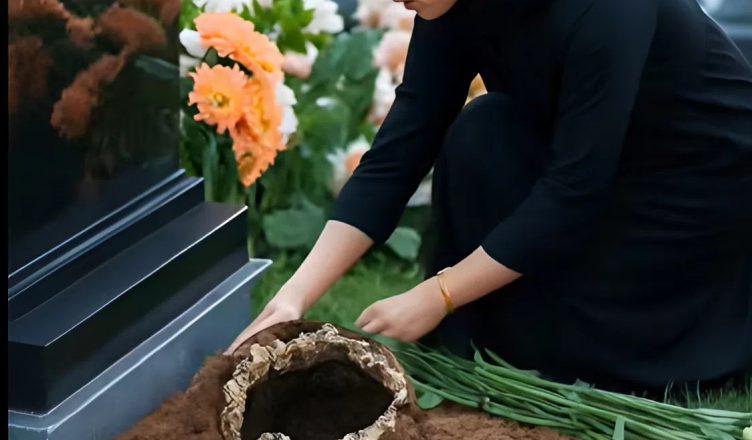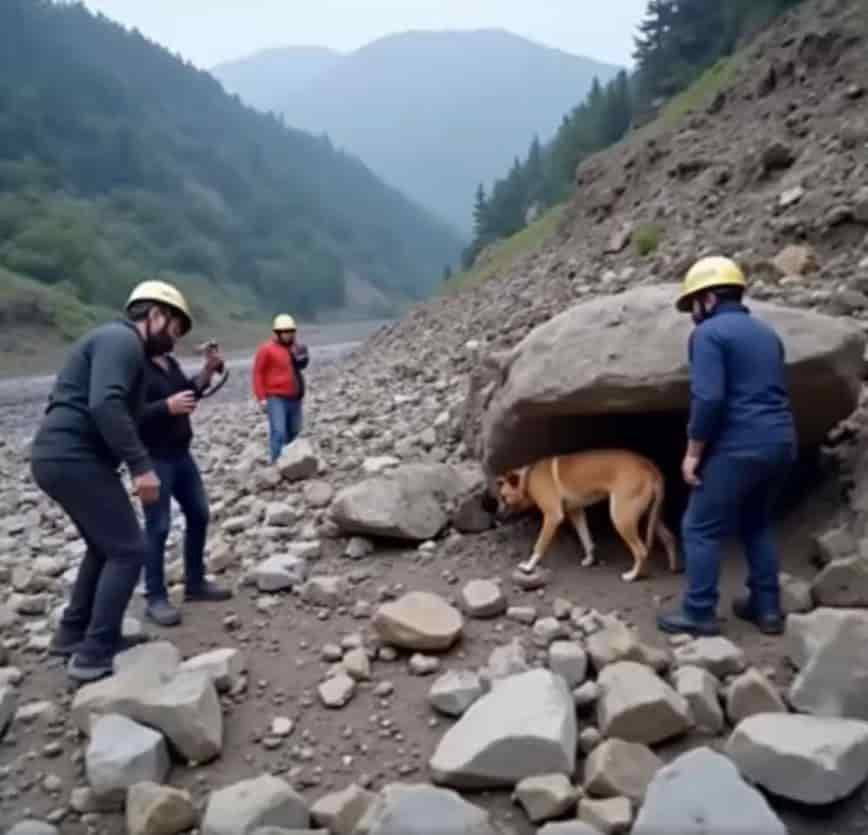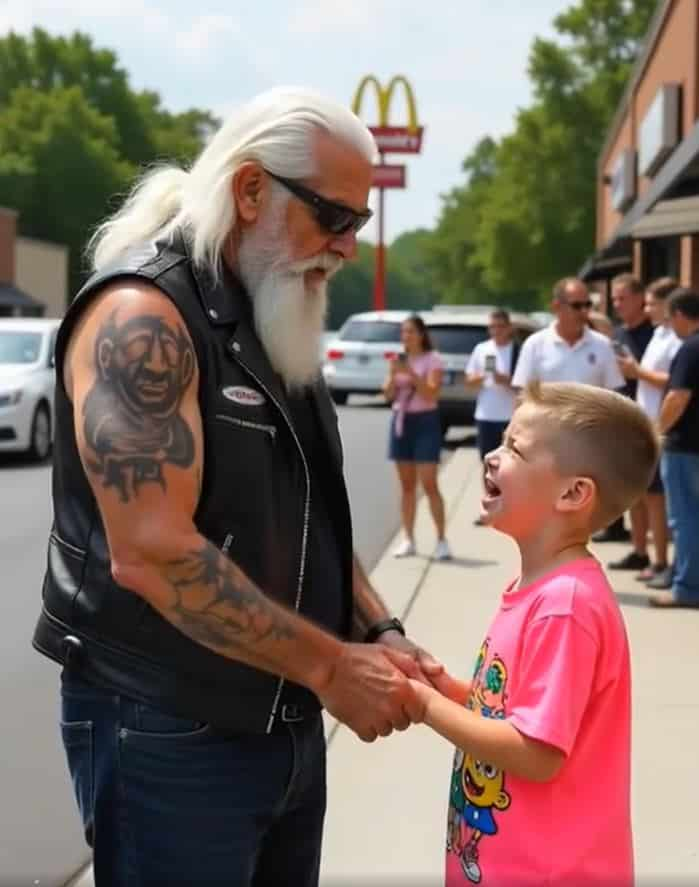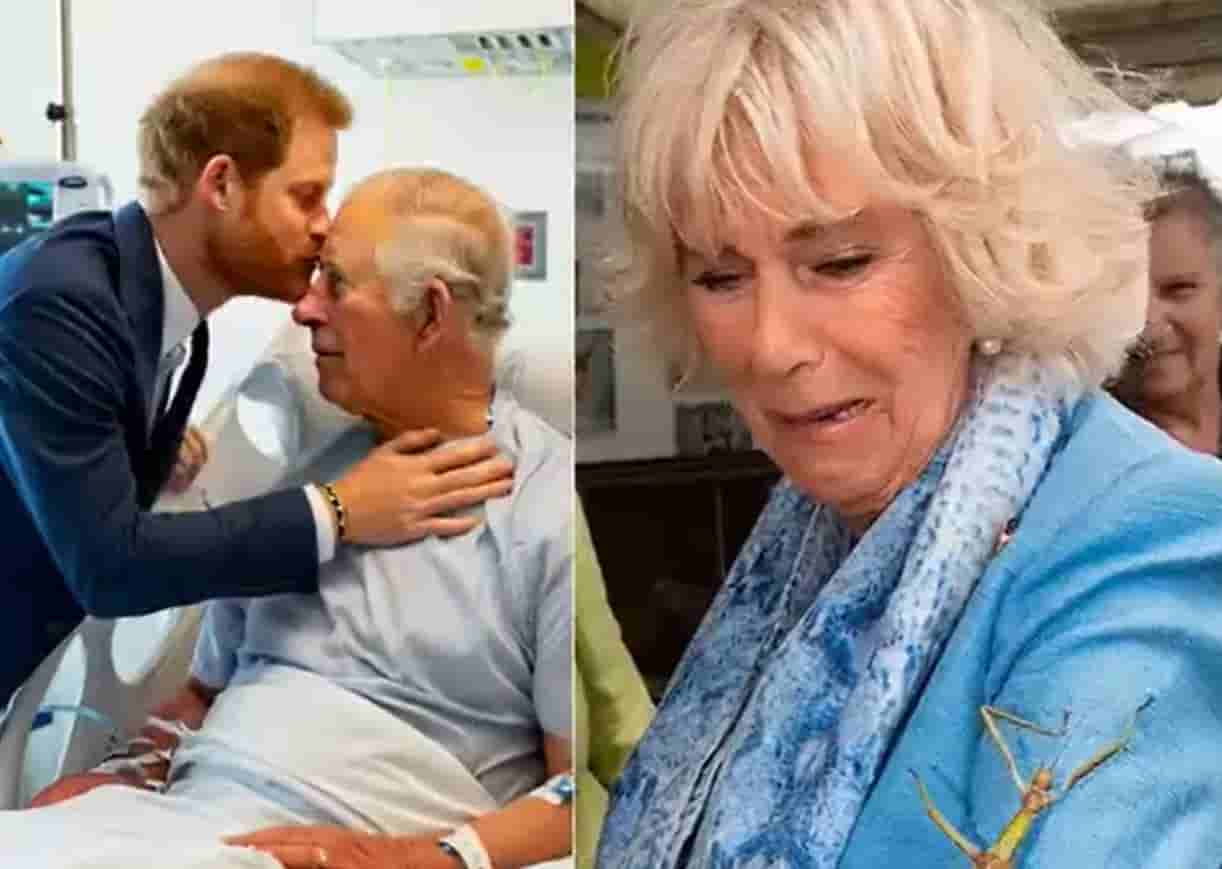Nearly a year had passed since he was gone. Time didn’t heal anything. If anything, the pain had only grown sharper. Every Sunday, without exception, she wore the same black dress, tied her mourning scarf just right, and walked the familiar path through the cemetery, holding a bouquet of fresh gladiolus in her trembling hands. That was her ritual. That was her way of staying close to him.
That day was supposed to be no different. The same morning chill in the air. The same heavy silence among the rows of graves. But when she approached her husband’s headstone, something felt wrong. At first, she thought her eyes were playing tricks on her—shadows maybe, or the angle of the sun. But no. As she stepped closer, her breath caught in her throat.
There, right beside the headstone, where she usually placed the flowers, was a hole. A dark, uneven cavity in the earth. The soil was loose, disturbed. As if someone had been digging. From the outside. Or worse—from the inside.
She froze. The bouquet slipped from her fingers and landed beside the hole. Her heart pounded violently against her ribs, and a suffocating pressure wrapped around her chest. Slowly, she dropped to her knees, one hand instinctively resting on the cold stone for support, the other reaching toward the disturbed soil.
— This can’t be… — she whispered. — Did someone try to open the grave?
Panic rushed in like a wave. Who would do such a thing? And why? Her mind raced with terrifying possibilities: grave robbers, vandals, satanic rituals, someone with a twisted obsession. But none of them made sense. Not here. Not to his grave.
She leaned forward, against her better judgment, and peered into the dark hole. Cold, damp air rose from it. The deeper she looked, the stronger her dread became. And then—she saw it.
About five feet down, partially buried in the dirt, was a bundle. Not part of the coffin. Not any normal grave content. It looked like a tightly tied, heavy canvas bag. And it was moving.
She recoiled, a scream building in her throat but never quite escaping. Her fingers fumbled for her phone. She almost dropped it into the pit. With shaking hands, she dialed the cemetery caretaker, her voice barely coherent as she explained what she’d found.
Fifteen minutes later, he arrived with two workers. They approached the grave with visible hesitation. One of them brought a flashlight. When the light hit the canvas sack, everyone could see it clearly. It wasn’t moving anymore. But the air had changed—thicker, heavier.
What happened next silenced them all.
They unearthed the sack and carefully opened it. Inside was not a body. Not bones. Not anything human. It was a doll. An old, hand-stitched, fabric doll. Its face was crudely sewn, its eyes were black beads, and thick black thread had been stitched in an X across the mouth.
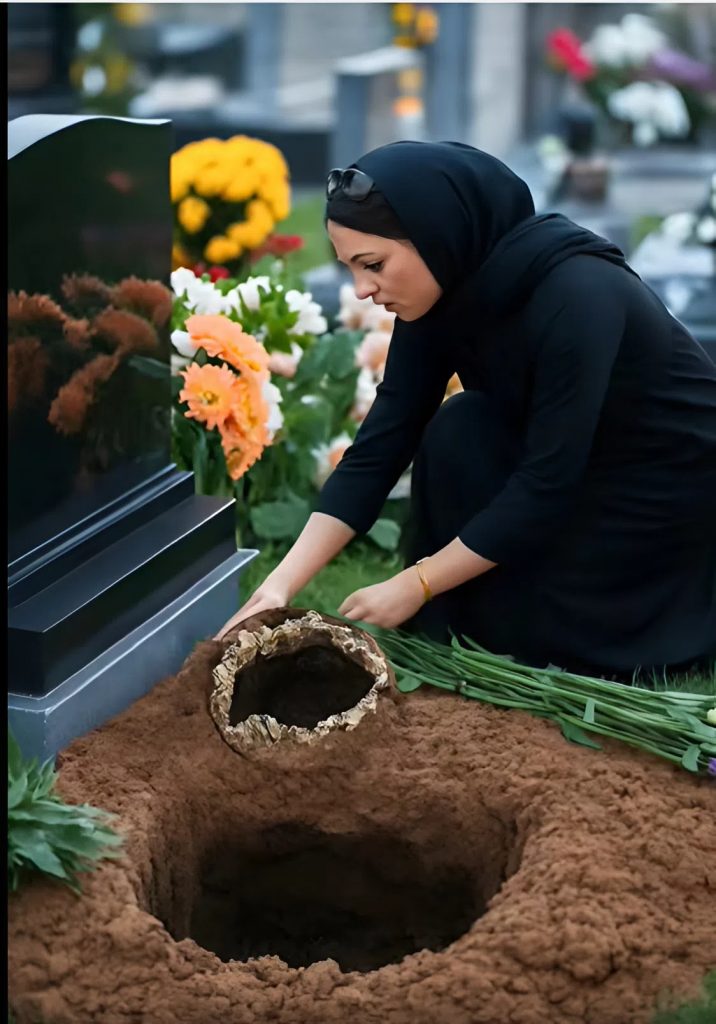
Pinned to its chest was a note. The handwriting was distinctly feminine.
«You won’t leave me. I’m still here.»
The caretaker stepped back, muttering a prayer under his breath. One worker kicked the doll away in disgust. But the widow? She stood frozen. That note—those words. She had said them once. In his hospital room. Whispered into his ear, as the monitors beeped their final rhythm.
She hadn’t told anyone.
So who had written them? Who had buried that cursed thing in her husband’s grave?
The police were called. They took the doll and the note. Promised to investigate. But weeks passed, and no one heard anything. No answers. Just questions. Dark, looming, unanswered questions.
She never returned to the cemetery after that. Moved in with her sister in another city. But the nightmares followed. Every Sunday night, she dreamed the same dream: her husband, standing at the edge of the hole, looking at her in silence. And at his feet—that doll.
Some say it was just a cruel prank. Others whisper of something much darker. A warning. A curse. A punishment.
One thing’s certain—something was left behind that day. And it wasn’t ready to stay buried.
 Fact Stream Daily
Fact Stream Daily
